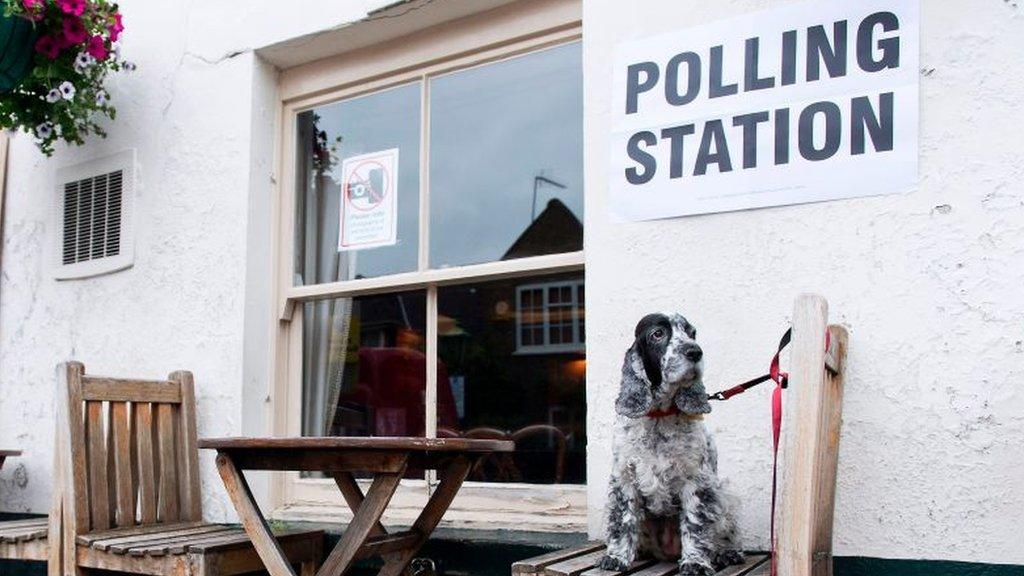Election 2019, Your Questions Answered: How could the election affect Brexit?
- Published
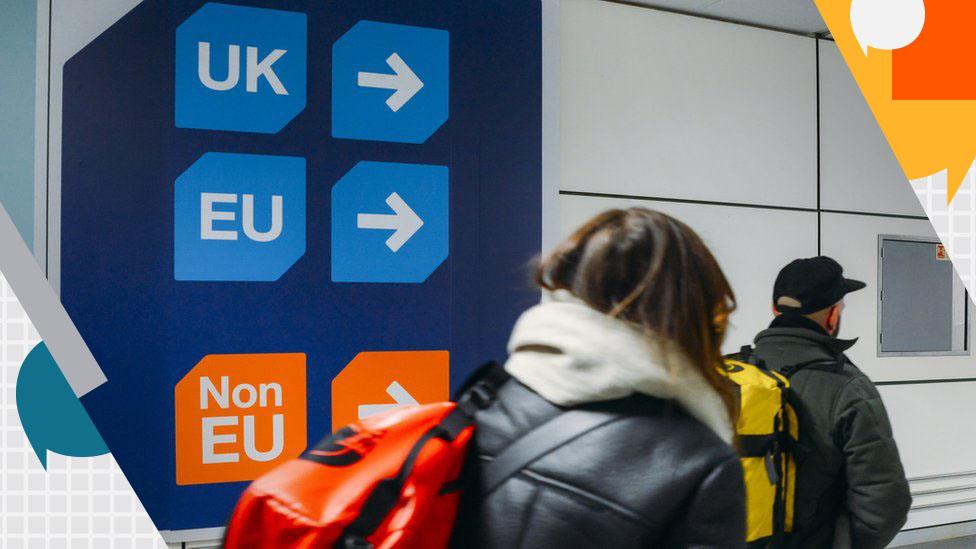
Britain's withdrawal from the European Union - Brexit - is seen by many voters as a key issue in this general election.
Here, we answer a selection of readers' questions about the two subjects.
If the Liberal Democrats win on the promise Brexit will be dropped, how will they make this happen? - J Boot
At their party conference in September 2019, Liberal Democrats voted for a motion saying that if the party became the government at the next general election, it would revoke Article 50. This is part of EU law which gives any country the right to leave the EU.
According to a 2018 ruling by the European Court of Justice, external (ECJ), the UK could do this on its own, without asking the other 27 EU members, by writing a letter to the European Council, a body made up of EU heads of state or government.
The ECJ added that after revocation, the UK would remain an EU member on the same terms as it has now.
If the Conservatives win without a majority, what is the likelihood of them forming a coalition government with the Brexit Party? - Sophie Shipton, Romford
The government has ruled out forming an election pact with Brexit Party during the election campaign. But if the Conservatives fell short of a majority, and the Brexit Party won a handful of crucial seats - then it may choose to support the Conservatives on specific issues in order to get Brexit over the line.
So a temporary alliance of convenience is probably more likely than a formal coalition government.
Will the Liberal Democrats enter a coalition with Labour to stop Boris Johnson's vision of Brexit? - Paul McCarthy
At the launch of the Liberal Democrats' general election campaign, the party's leader, Jo Swinson, said she was "absolutely, categorically ruling out Lib Dem votes putting Jeremy Corbyn in No 10".
And, speaking at a Unite union conference in Scotland in October 2019, Jeremy Corbyn vowed that there would be "no pacts with any other party, we are fighting that election to win it in every part of the UK".
So, the parties have been very clear about not wanting to enter coalitions - or other types of agreement. But in a hung Parliament, where no party has a majority of seats in the House of Commons, it's possible that they could reconsider that position.
If the Brexit Party wins a majority, could Nigel Farage take a seat in Parliament as the leader without standing for a seat? - Paul Ramsdale, London
The convention is that the prime minister is an MP and the leader of the largest party in the House of Commons.
However, in years gone by, many prime ministers were members of the House of Lords. The last of these was Lord Salisbury, who left office in 1902.
And in 1963, the 14th Earl of Home, later Sir Alec Douglas-Home, left the House of Lords within a few days of being appointed PM. He was elected to the House of Commons in a by-election.
However, a Brexit Party majority looks distinctly unlikely, after it announced it would no longer field candidates in more than 300 Tory seats.

The general election explained

If Jeremy Corbyn becomes prime minister, will he continue freedom of movement as we know it today? - Pavlo
Labour is committed to holding another referendum on whether to leave the EU. If the country voted to Remain, then free movement between the UK and EU would continue.
Even if Brexit happens, Labour may try to retain free movement, which means British and EU citizens would still be able to live and work in whichever country they choose.
A motion to that effect was passed at the 2019 Labour Party conference, but we need to wait for Labour's election manifesto to see if it also becomes a formal policy pledge.
Would UK citizens have to get a visa to travel to EU countries after Brexit? - Anna, Harrow
It is highly unlikely that visas will be introduced, unless relations between the UK and EU deteriorate dramatically. But it partly depends on whether the UK leaves the EU with a deal or not.
Leaving with a deal will probably mean that both sides agree travel between the two will not require a visa.
But if there was a no-deal Brexit, the UK would immediately be treated by the EU as a "third country", making it equivalent to other non-EU states.
In that scenario, it will be down to the UK and individual EU member countries to decide whether visas are needed for travel between them.
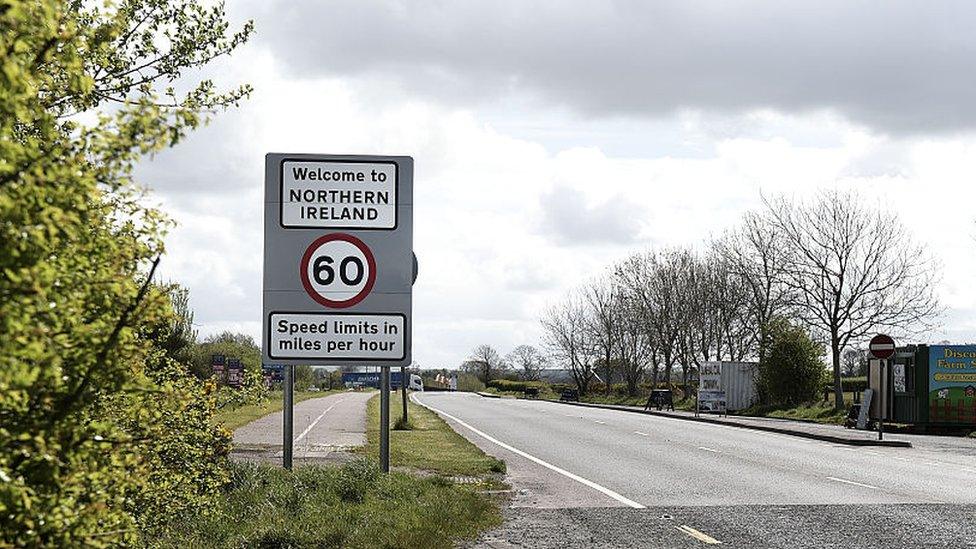
If the UK left the EU without a deal, what would happen to the Irish border? - Kate de Wreede, Hockley
If there is a no-deal Brexit, the border between Northern Ireland and the Republic of Ireland will become the land border between the UK and the EU. This means each will have different regulations and customs rules.
The EU insists that the Irish government would have to take steps to protect the integrity of the single market, an agreement which allows goods, people, services and money to move around between countries that are a part of it.
It says it wants to prevent products which do not meet EU standards arriving from the UK.
This means some checks would have to take place. What is not clear is how exactly this would happen.
How much money has been spent on Brexit? - Janet Lawrence, Newport Pagnell
To date, the government has set aside £6.3bn for Brexit planning.
The previous chancellor, Philip Hammond, had made available £4.2bn for Brexit preparations from mid-2016, including recruiting more civil service staff.
In August 2019, Mr Hammond's successor, Sajid Javid, said an extra £2.1bn of funding would be made available to prepare for the possibility of a no-deal Brexit, including more border force officers and upgrades to transport infrastructure at ports.
Businesses have also spent a huge amount of money preparing for Brexit, but it is hard to put a precise figure on how much has been spent in the private sector.
Can the Brexit transition period be extended? If not will we have to go with WTO rules until the EU decides to negotiate trade deals? - Jerry, Taunton
Yes, the transition period - the time between the UK leaving the EU with a deal and and finally quitting it altogether under the terms of a new relationship - can be extended. While the proposed transition period will run until the end of December 2020, it can in theory be extended by one or two years.
The government, though, has insisted that it will not ask for any extension of the deadline.
It means that if no free trade agreement is completed in time, then the UK might have to trade with the EU on the most basic World Trade Organization rules from the beginning of 2021.

What are your questions about the general election? You can let us know by completing the form below.
In some cases your question will be published, displaying your name and location as you provide it, unless you state otherwise. Your contact details will never be published. Please ensure you have read the terms and conditions.
If you are reading this page and can't see the form you will need to visit the mobile version of the BBC website to submit your question.
- Published7 November 2019
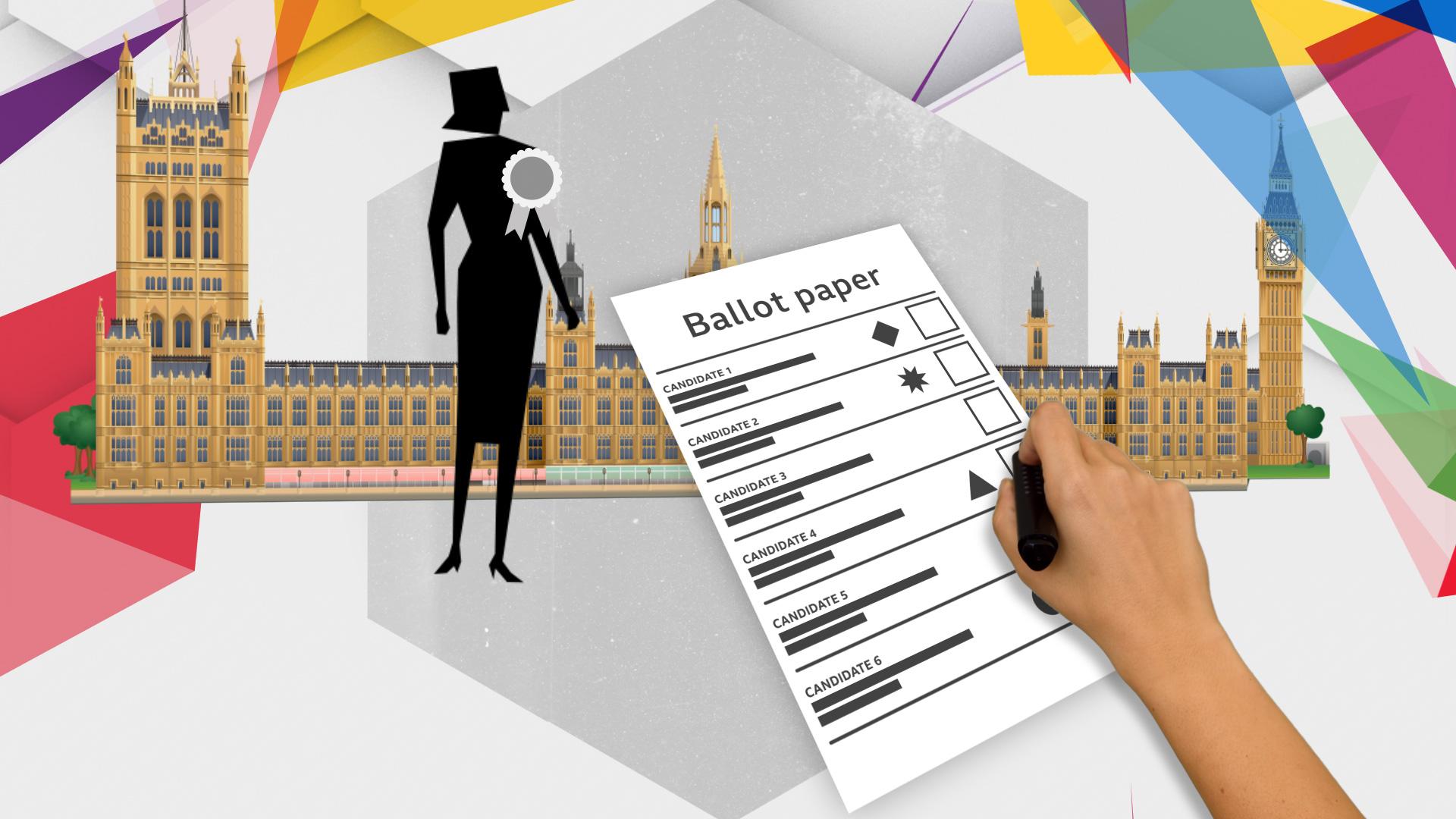
- Published6 November 2019
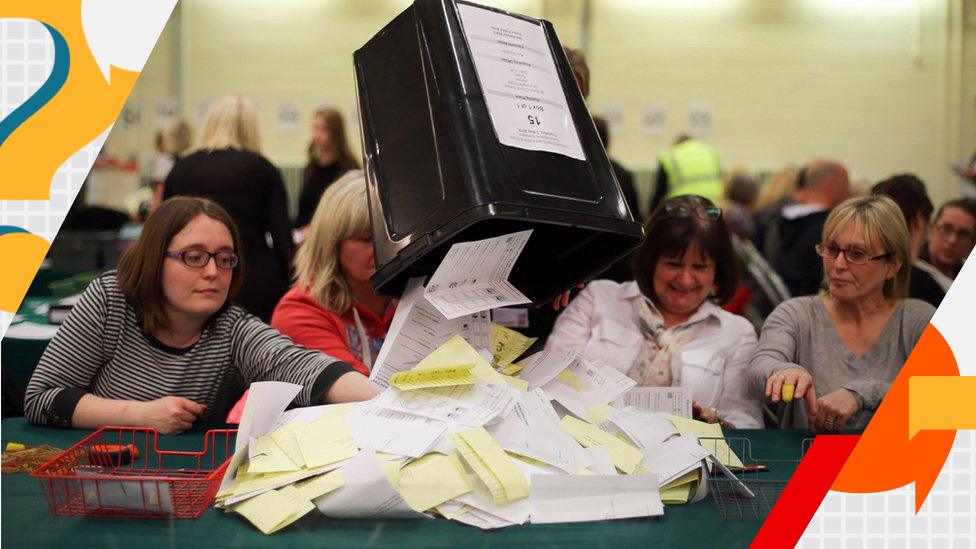
- Published6 December 2019
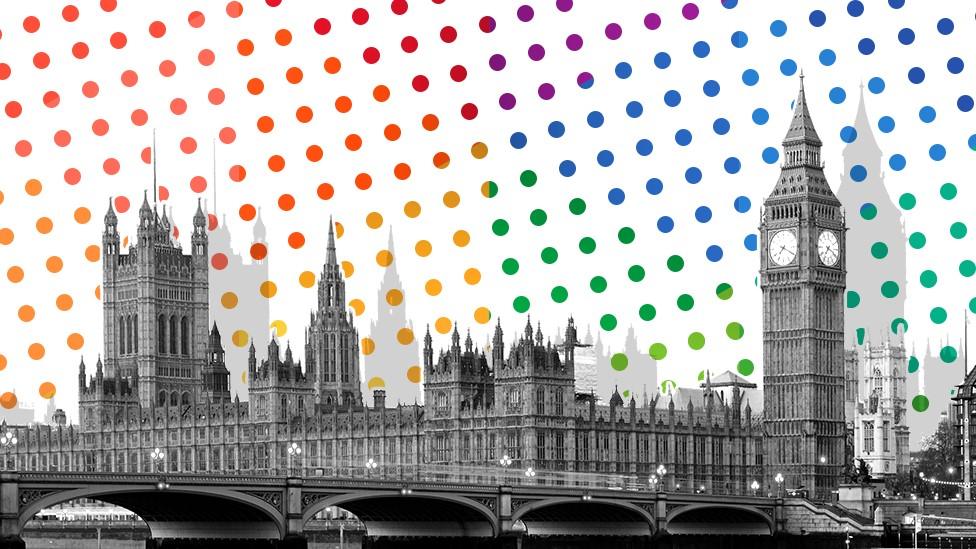
- Published30 October 2019
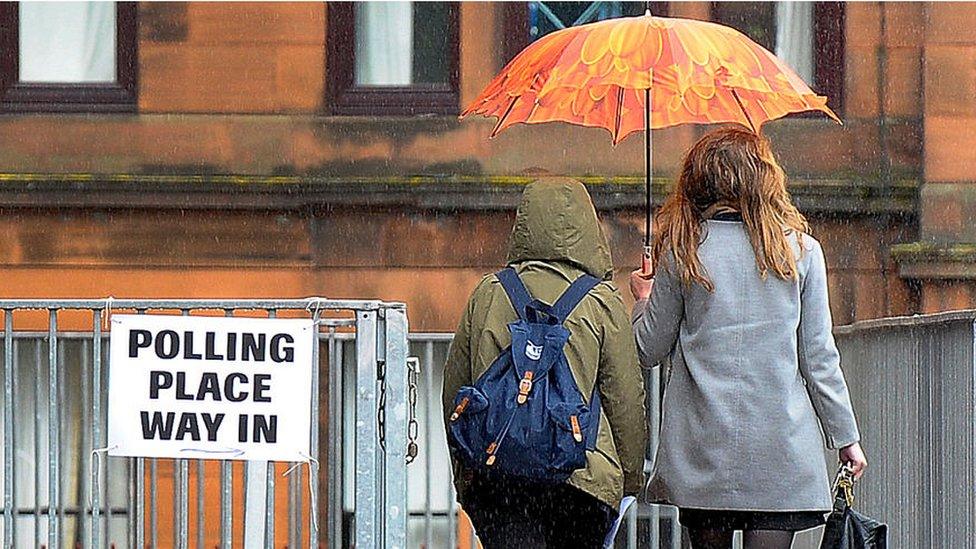
- Published11 December 2019

- Published13 November 2019
